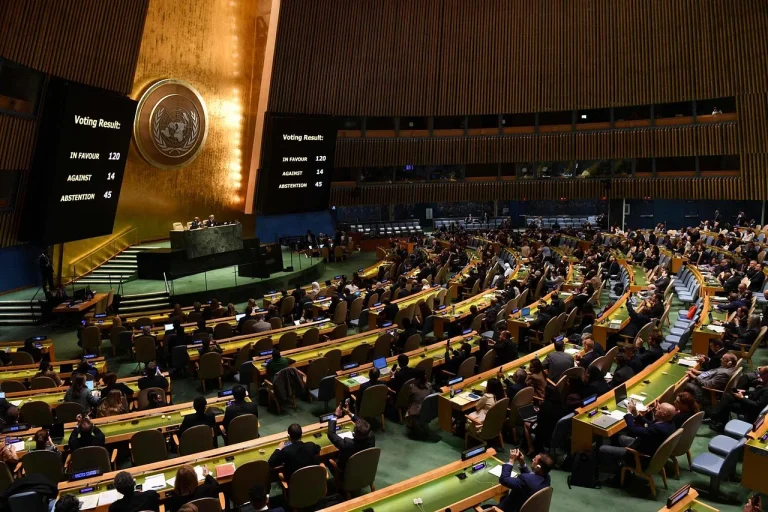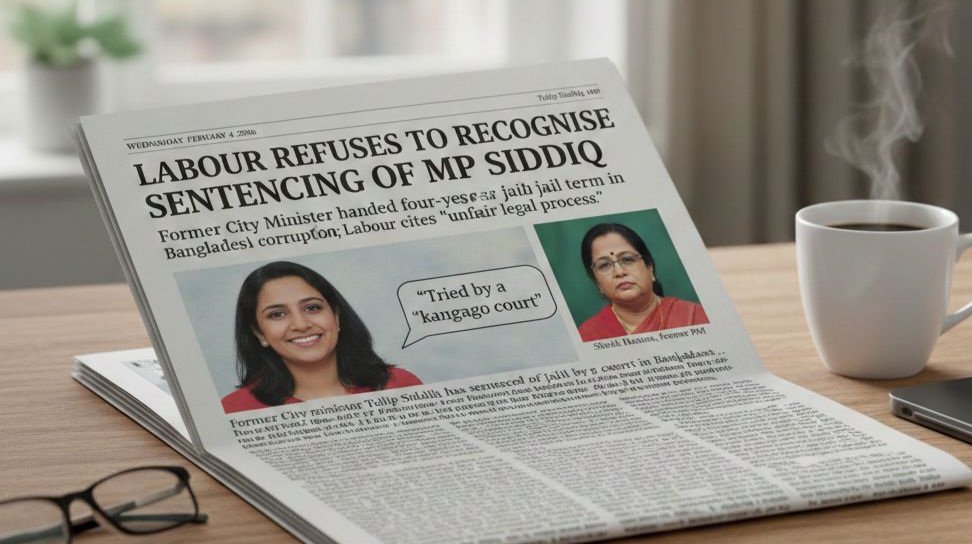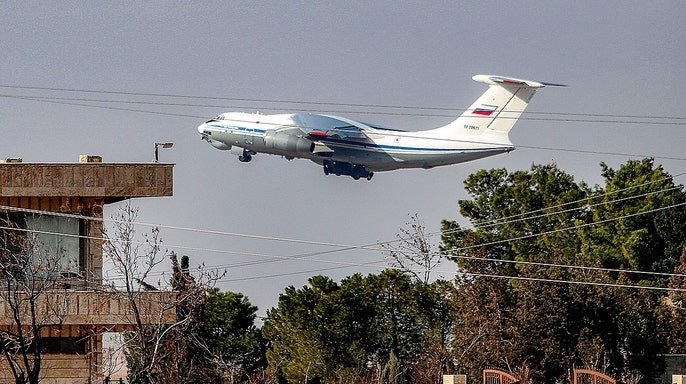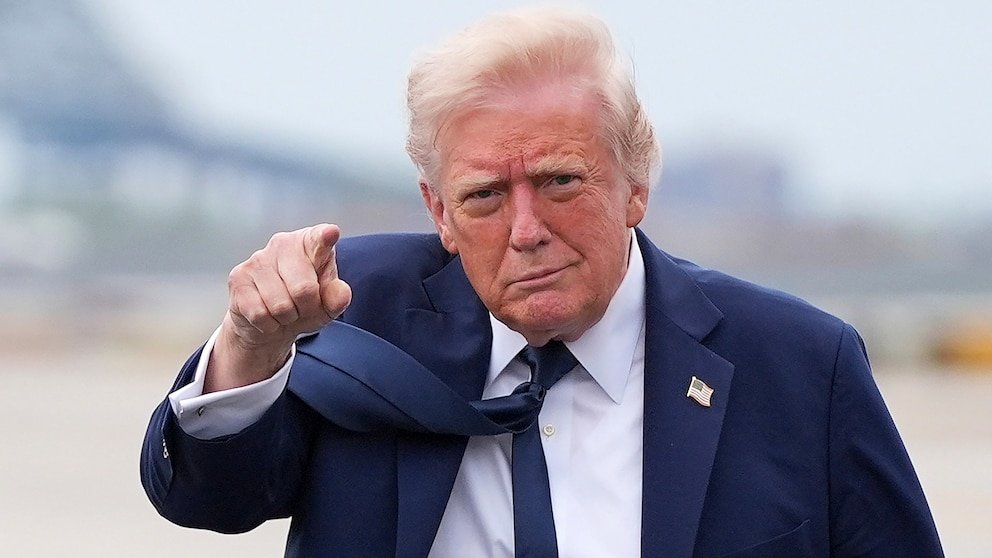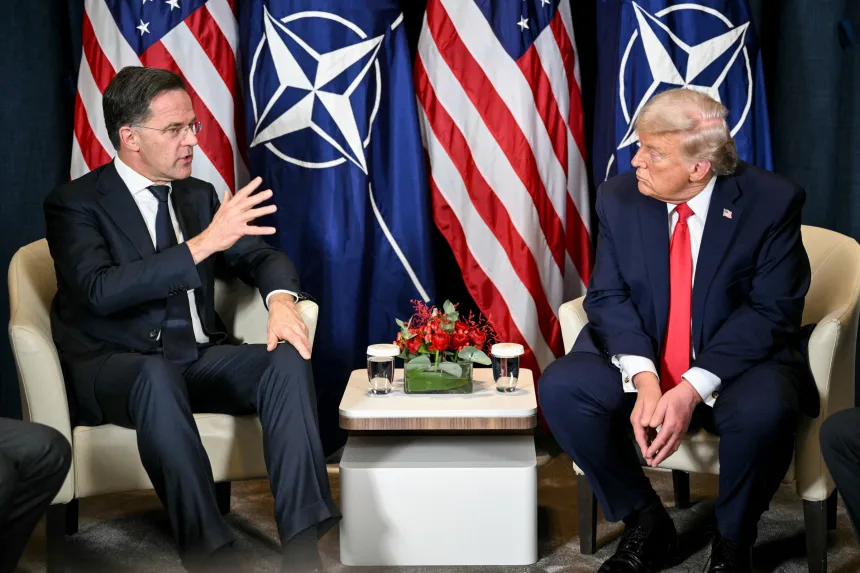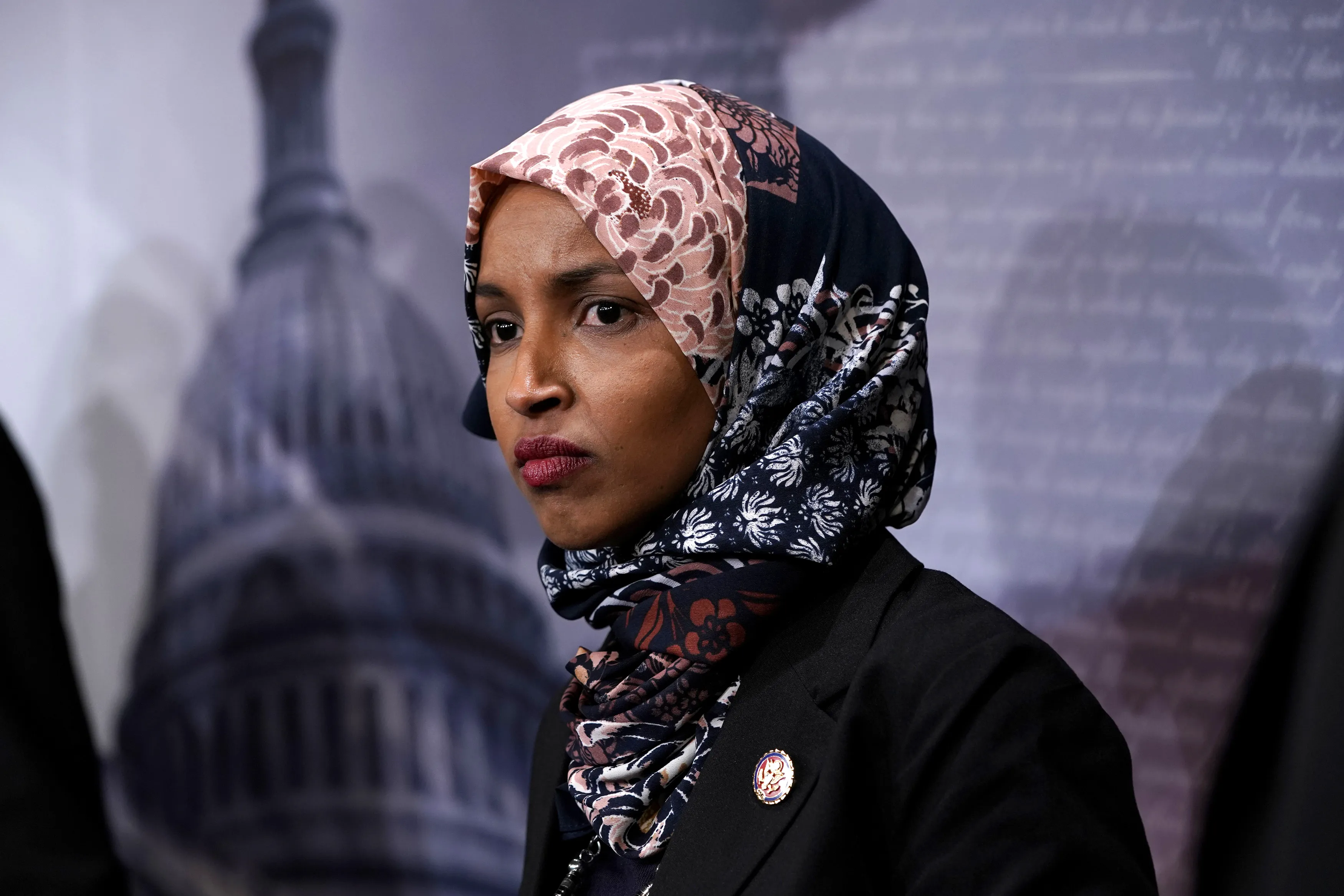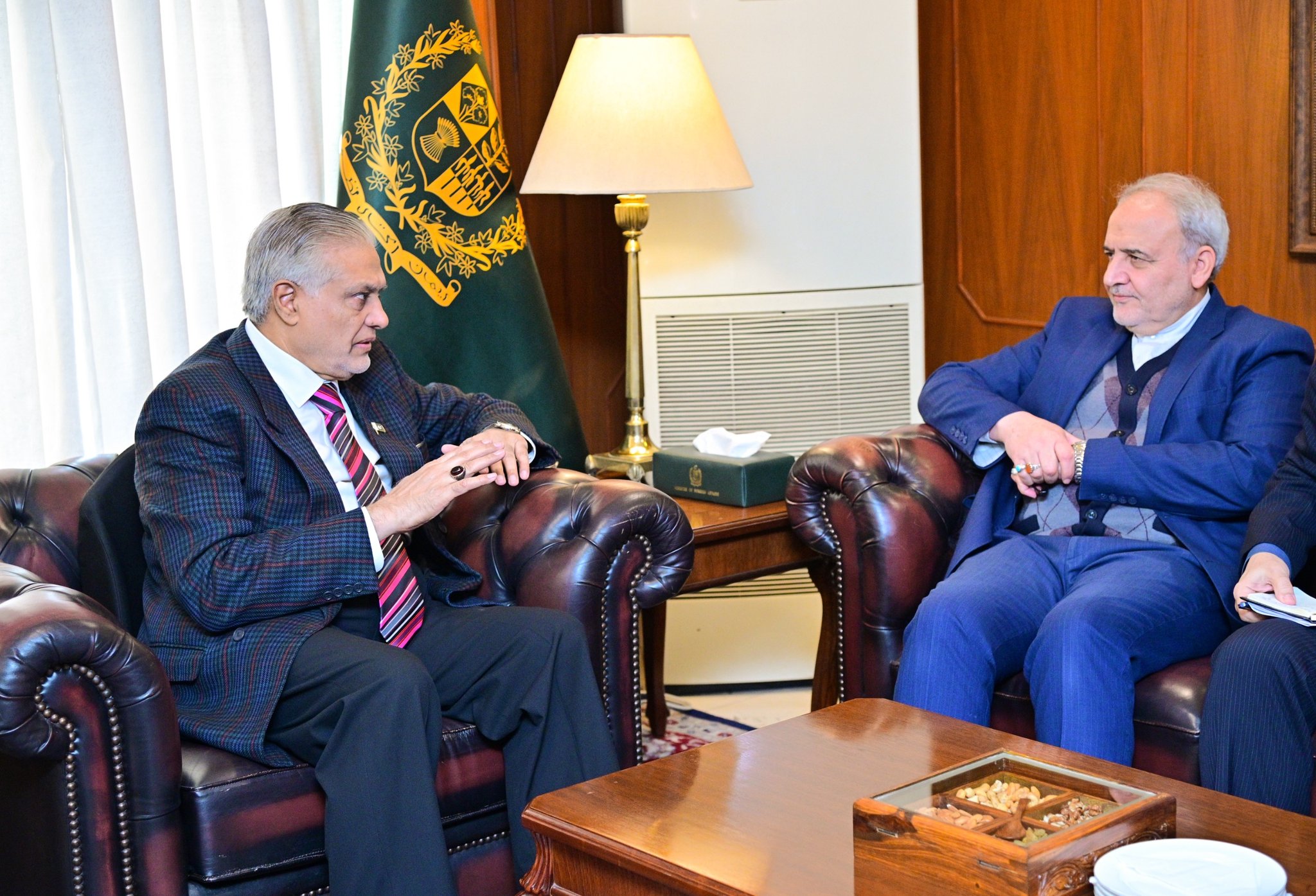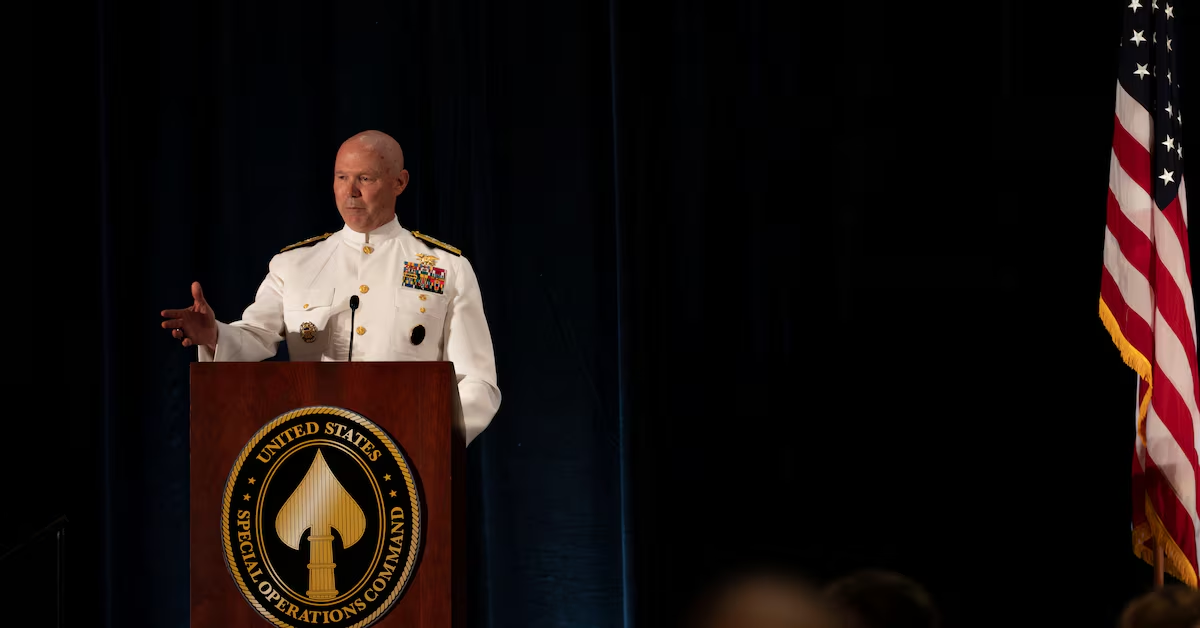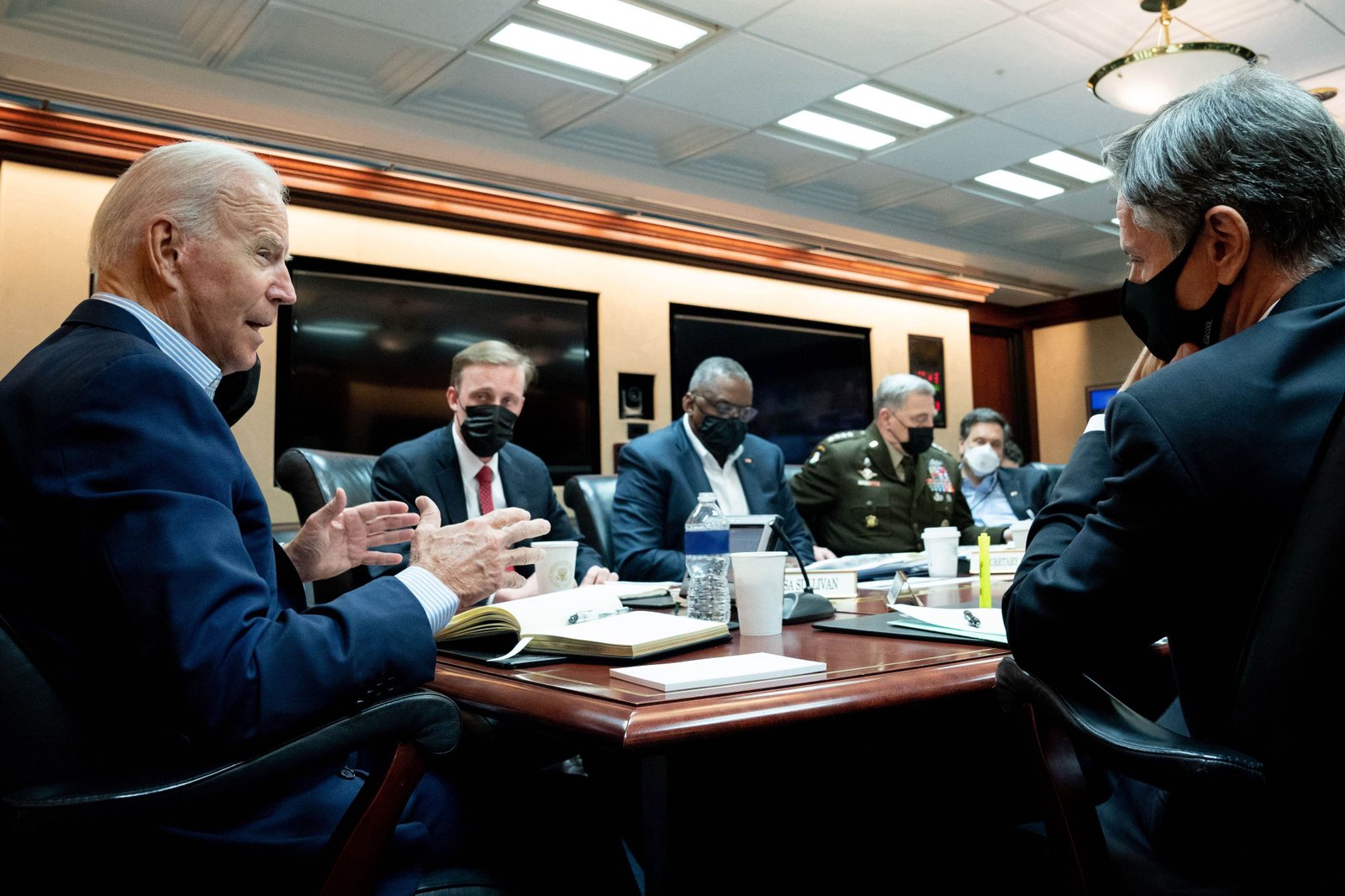The proposal on countering Islamophobia brought to the United Nations was not supported by India
The proposal received support from 115 countries, with no opposition. However, apart from India, countries like Brazil, France, Germany, Italy, Ukraine, and the United Kingdom abstained from voting.
The proposal on countering Islamophobia brought to the United Nations was not supported by India
The proposal received support from 115 countries, with no opposition. However, apart from India, countries like Brazil, France, Germany, Italy, Ukraine, and the United Kingdom abstained from voting.
Ruchira Kamboj, India’s permanent representative to the UN, criticized all forms of hatred, including anti-Semitism, Christianophobia, and Islamophobia. She emphasized the importance of acknowledging that such hatred exists beyond the Abrahamic religions.
She further stated that non-Abrahamic religious communities have also been victims of religious intolerance over the decades. This contemporary phenomenon of religious intolerance, especially Hindu, Buddhist, and Sikhophobia, has played a role in creating a divisive atmosphere.
Regarding India’s position on the proposal, Ruchira explained that it is not appropriate to adopt a proposal that focuses solely on combating Islamophobia, as it may lead to the neglect of other forms of religious intolerance and division within religious communities. She urged all UN member states to consider the broader context of religious discrimination and not to create divisions among various religious groups.
Ruchira Kamboj highlighted the need for greater consideration of religious discrimination globally and called for all UN member states to address the issue collectively.
It is noteworthy that the proposal also called for the appointment of a special envoy at the UN to combat Islamophobia. However, India has opposed the appointment of such special envoys on principle.
Previously, in 2022, the UN General Assembly adopted a resolution declaring March 15 as International Day to Combat Islamophobia. This declaration came three years after the Christchurch mosque shootings in New Zealand, where more than fifty Muslims were killed.


